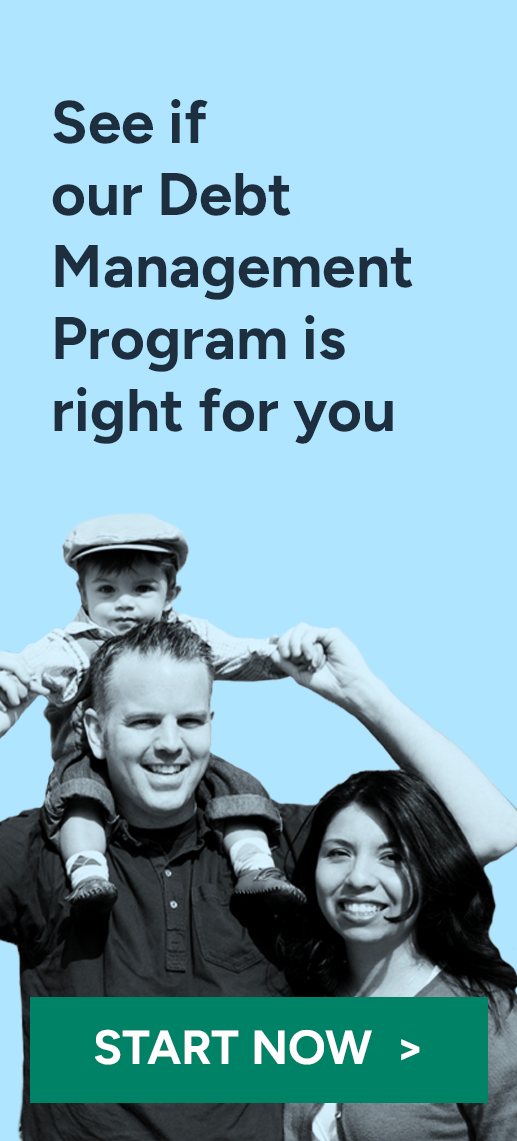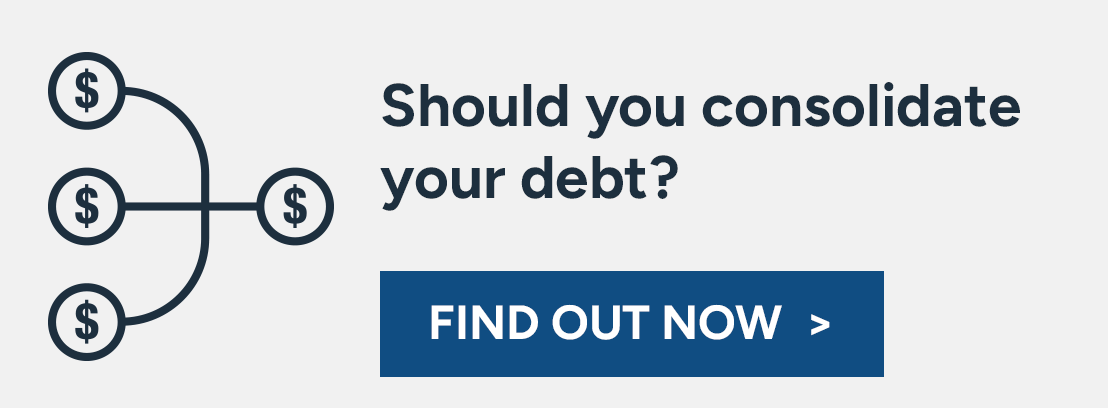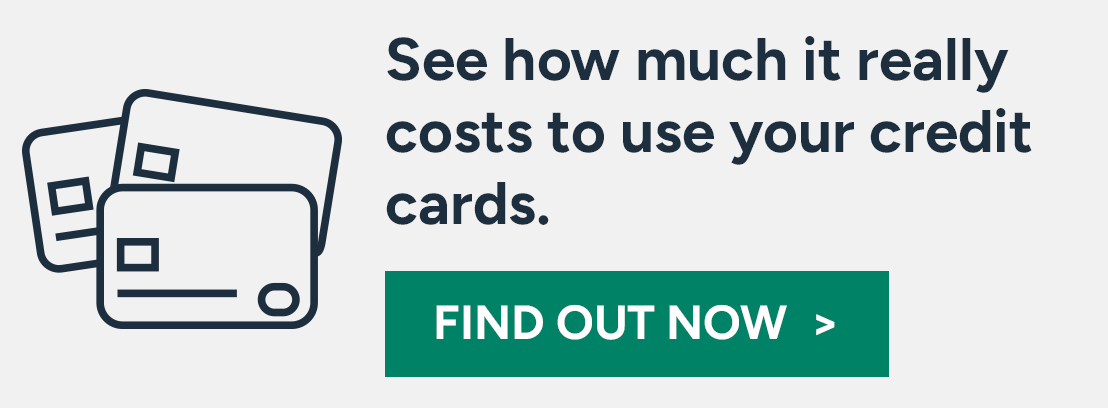 The most important factor to consider when making a debt settlement offer is your ability to meet the terms of the offer.
The most important factor to consider when making a debt settlement offer is your ability to meet the terms of the offer.
How to Make a Debt Settlement Offer
Being deep in debt can feel overwhelming, especially when interest charges keep growing. One possible solution for this daunting predicament is debt settlement. This approach involves making an offer to your creditors to pay a portion of your debt, often a significant amount less than you owe, which, if accepted, would fully resolve the debt. Here’s a concise guide on how to make a debt settlement offer:
- Understand Your Financial Position
The first step in making a debt settlement offer is understanding your financial position. Analyze your income, expenses, savings, and the total debt you owe. This analysis is essential as it provides a clear picture of how much you can realistically offer to pay your creditors.
- Evaluate Your Debts
Not all debts are equal when it comes to settlement. Unsecured debts like credit card debt or medical bills are usually easier to negotiate compared to secured debts like mortgages or car loans. Knowing the nature of your debts can help you decide which to prioritize for settlement.
- Draft a Debt Settlement Proposal
Once you have a grasp on your financial situation and the nature of your debts, you can draft a settlement proposal. This proposal should be in writing and clearly state your current financial situation, the specific offer amount, and your intention to settle the debt. Be sure to emphasize any hardships or circumstances that have led to your current financial state.
- Negotiate with Your Creditors
Negotiating with creditors can be intimidating, but remember, they often prefer to recover a portion of the debt rather than risk a total loss if you declare bankruptcy. Don’t be disheartened if your first offer is rejected; negotiating often involves a counteroffer. Stay persistent but polite.
- Get It in Writing
Once your creditor accepts your settlement offer, get the agreement in writing before you make the payment. This document should state the accepted settlement amount and that the payment will resolve your debt fully.
- Seek Professional Help
If this process seems overwhelming, consider seeking help from a reputable debt settlement company or a financial advisor. These professionals can guide you through the process and even negotiate with creditors on your behalf.
Remember, debt settlement does impact your credit score, and it’s not the right choice for everyone. However, when done correctly, it can provide a path towards a more manageable financial future. Always weigh your options and make the decision that’s best for your personal circumstances.
The Downside of Making a Debt Settlement Offer.
When you have more debt than you can handle, making a debt settlement offer to your creditors may seem like a great strategy. After all, who wouldn’t want to get out of debt by paying a fraction of what you owe? But there are serious drawbacks to every debt settlement offer, and it’s important to understand your exposure before you apply for debt settlement.
How does debt settlement work? When you work with a debt settlement company, you’ll stop paying your bills until the amount you owe has become significant. At that point, the settlement agency will approach your creditors to make a debt settlement offer, proposing to wipe out your debt with a lump sum payment that is less than what you owe. Creditors may be inclined to accept a debt settlement offer if they feel it’s the best they can do.
Does debt settlement work? Sometimes it does, but the risks can be high and costly. On top of hefty fees to the debt settlement company and taxes you must pay on any debt that is forgiven, you’ll also likely damage your credit rating so significantly that it will take years to restore it. And there’s a chance that your creditors may not accept your debt settlement offer, choosing instead to take you to court or to turn your account over to collections.
What do the Experts Say?
When considering a debt settlement offer, it’s helpful to get advice from a financial professional like the certified credit counselors at American Consumer Credit Counseling (ACCC). As a nonprofit agency dedicated to helping consumers find a path out of debt, we offer free credit counseling sessions where you can get help to evaluate your financial situation and consider all the options available to you. Our counselors can help you understand how to settle debt most effectively, and help you choose the strategy that makes the most sense financially.
Debt Management is a Better Alternative to Debt Settlement
When you want to get out of debt as quickly as possible but don’t want to make a debt settlement offer or risk the adverse debt settlement credit impact, a debt management plan may be a better course of action. The benefits of a debt management plan vs debt settlement include:
- No lasting damage to your credit rating, since you’ll continue to pay your creditors.
- Assistance from ACCC to pay your bills on time – you will make one monthly payment to ACCC and we’ll be responsible for making sure your bills are paid on time each month.
- Developing the habits that will help you to not only get out of debt, but to learn to live debt-free in the future.
Most consumers who enter a debt management plan can pay off their debts within 60 months.
Get Your Personal Debt Solution Plan


